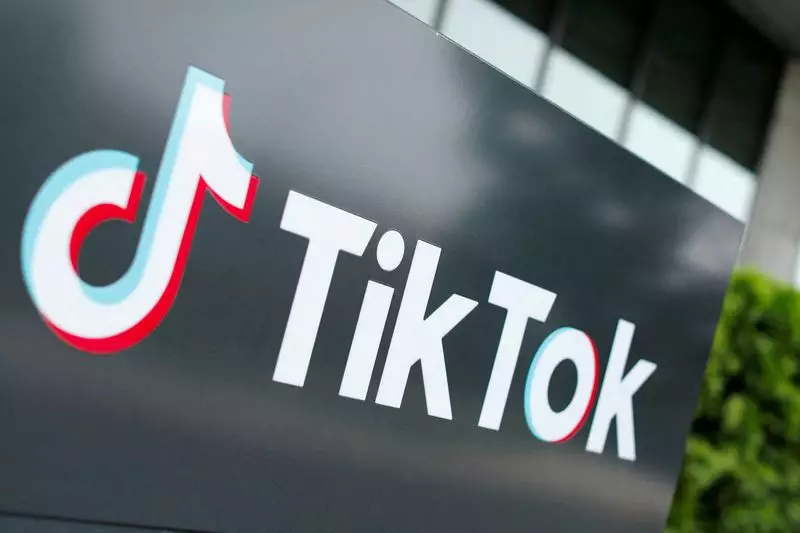In a significant development in the realm of digital regulation, Albania has announced a comprehensive one-year ban on TikTok, a widely popular short video platform, in response to a tragic incident that shook the nation. This decision, articulated by Prime Minister Edi Rama during a meeting with parents and educators, arises amidst mounting concerns regarding the adverse effects of social media on youth. The proposed ban is intended to foster a safer school environment and is scheduled to take effect early next year.
The backdrop to this decision is chilling. The fatal stabbing of a 14-year-old student allegedly linked to a social media dispute has brought to light the potential dangers posed by online interactions among young people. Local media reports indicated that the altercation, which resulted in the tragic death of the student, had been fueled by disagreements over social media platforms, with TikTok emerging as a digital battleground. This incident has not only triggered fear but has also prompted a national dialogue about the responsibilities of social media platforms in ensuring the safety of young users.
Prime Minister Rama’s remarks underscore a growing sentiment among leaders regarding the detrimental influence of social media. He emphasized that the issue extends beyond children themselves, suggesting that societal negligence has allowed platforms like TikTok to dominate the digital landscape, often at the expense of youth wellbeing. By stating, “the problem today is us,” Rama calls for a collective reassessment of how society interacts with and regulates technology. His comments indicate that this ban is not merely punitive but is part of a larger strategy to instill responsibility among digital users and platforms alike.
Albania is not alone in its quest for stricter regulations surrounding social media. Several European nations, including France, Germany, and Belgium, have already implemented restrictions aimed at protecting children from potential online dangers. Moreover, Australia has taken even bolder steps, enacting a complete social media ban for individuals under 16, showcasing a trend that may influence global policy discussions. These moves reflect a growing awareness that the allure of social media poses various risks, particularly for younger audiences, who may not yet possess the maturity to navigate the complexities of online interactions effectively.
Albania’s TikTok ban raises critical questions about the balance between safeguarding children and maintaining freedom of expression in the digital age. As the implementation date approaches, it is imperative for both the government and society at large to consider comprehensive strategies that address the root causes of digital violence and harassment. While the ban may provide a short-term solution, tackling the underlying issues—such as inadequate conflict resolution skills among youth and the role of parents in digital parenting—will be essential for fostering a healthier, safer online environment in the long term. Only time will reveal whether this bold initiative will yield the desired outcomes for Albania’s children and their wellbeing.

